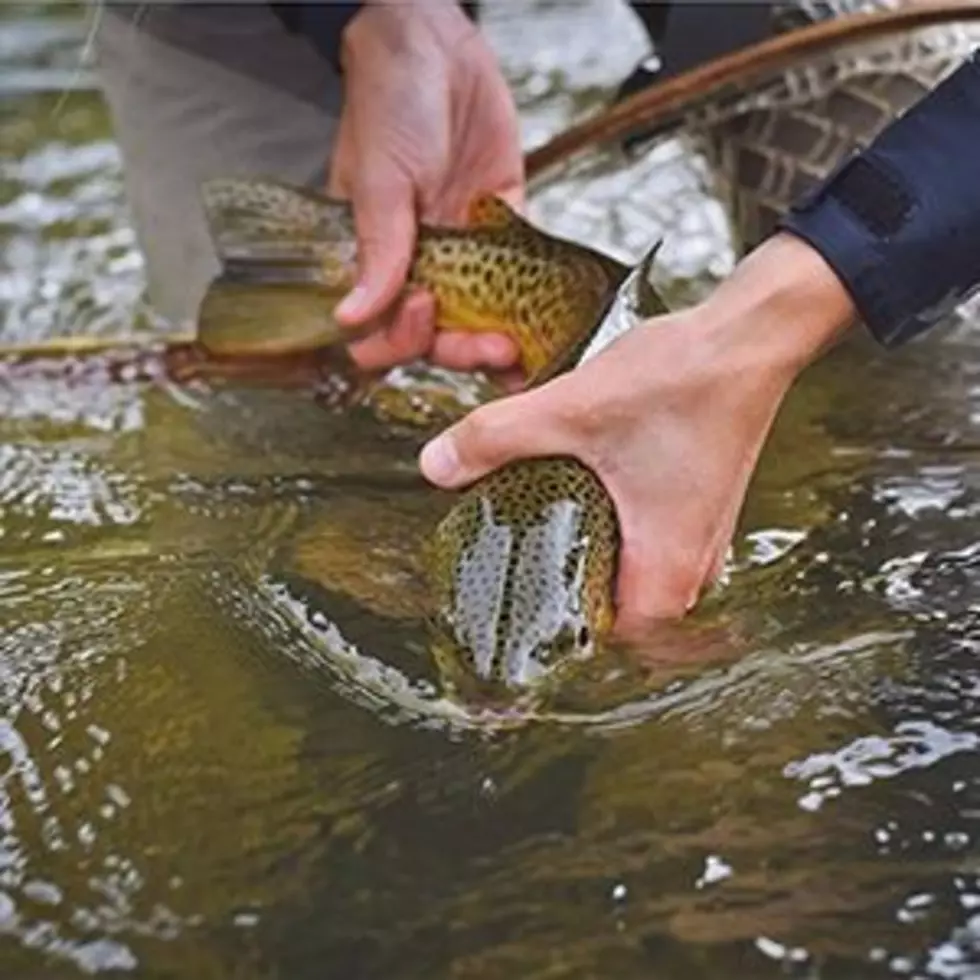
Yellowstone Park releases decision for new bison management plan
The park will keep the bison population in a range of between 3,500 and 6,000 animals after calving, which will keep the population in line with the average of about 5,000 bison that has been largely maintained during the past 10 years.









